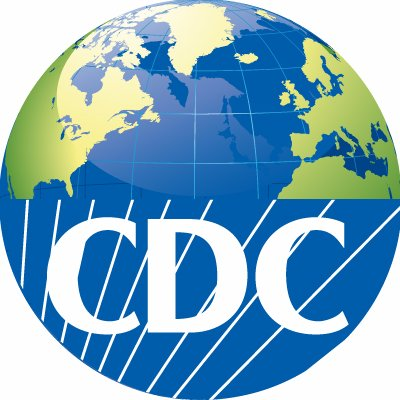Global public health experts are warning that the United States is not prepared for looming threats posed by tropical and insect-borne viruses.

At a two-day workshop this week at the National Academies of Science, Engineering and Medicine in Washington, D.C., experts said arboviral threats, or mosquito- and tick-borne viruses, are spreading in non-tropical environments.
Tropical diseases such as malaria, Zika and dengue fever have all seen U.S. transmissions and outbreaks in recent years. Experts said increased globalization and climate change allow the tropical insects and diseases to thrive in southern, eastern and western U.S. states, especially.
The first U.S. cases of malaria in 20 years were reported in June. CDC spokesperson Kate Fowlie noted the response to those cases in Florida and Texas as a pivotal, recent example of halting the spread of a mosquito-transmitted disease.

“The CDC is working hard with its federal, territorial, state, and local partners to address the growing threat of vector-borne diseases,” Fowlie told Newsweek via email. “One recent example of the importance of this work is when CDC, state and local partners worked successfully together to help prevent ongoing transmission of malaria earlier this year. This effort underscores the importance of supporting efforts to prepare for, prevent and respond to vector-borne diseases.”
“If we don’t do anything, which is basically what we’re doing right now, it’s going to get worse,” Thomas Scott, a medical entomologist and professor emeritus at University of California, Davis, said during the workshop. “The damage from inaction is enormous, it’s unacceptable. It’s unethical.”
National Public Radio (NPR) reported on Friday that the U.S. has lost a lot of its ability to track insects. In 1927, every state had its own entomologist. Currently, only 16 states have an entomologist, according to Erin Staples, a medical epidemiologist with the CDC.
“That means the nation’s ability to monitor viruses like West Nile is sparse. We’re not getting great information because we haven’t maintained our infrastructure,” Staples told the conference.
Officials recently predicted record numbers of dengue fever infections by the end of the year. The chief scientist for the World Health Organization (WHO), Jeremy Farrar, has warned that the disease is expected to begin spreading into other, non-tropical parts of the world, including Europe, North America, and southern regions in Africa.
Developing out of an initial infection with the dengue virus, the disease can result in a high fever, headaches, vomiting, and prominent skin rashes. Also known as “breakbone fever,” dengue fever is also known to result in joint pain and muscle spasms.




